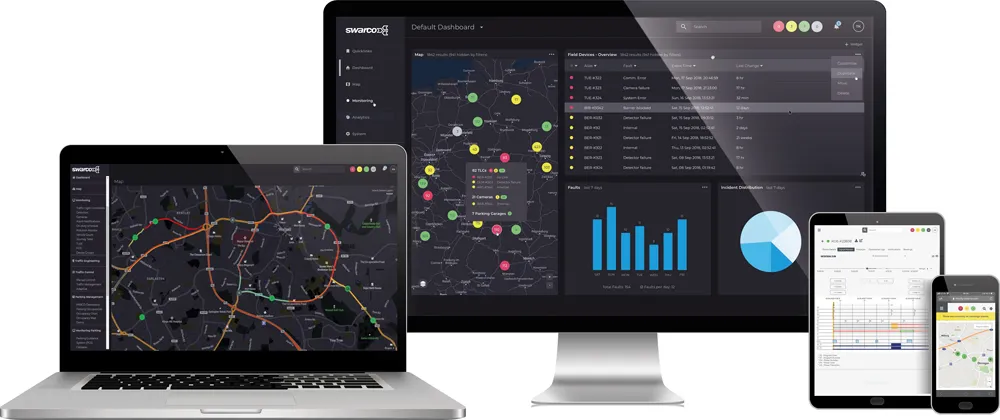US-based Econolite has partnered with Clean Slate Group to provide customisable anti-graffiti vinyl wraps for traffic cabinets in support of decoration and anti-graffiti programs. Econolite says the fade-resistant vinyl film used for the wraps can significantly reduce costs associated with removing graffiti and also reduces maintenance costs by eliminating the need for repainting.
July 7, 2016
Read time: 1 min
US-based
Econolite says the fade-resistant vinyl film used for the wraps can significantly reduce costs associated with removing graffiti and also reduces maintenance costs by eliminating the need for repainting.
The chemical and UV-resistant vinyl wraps only require simple cleaners to remove spray paint, adhesives and markers. They can feature any City-approved art such as city branding, local/regional artwork, and historical imagery. The wraps can also be changed out to address new campaigns.









